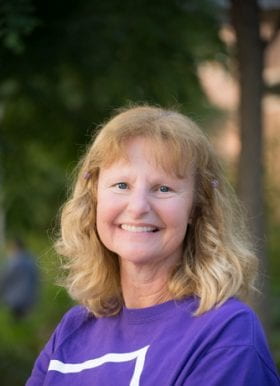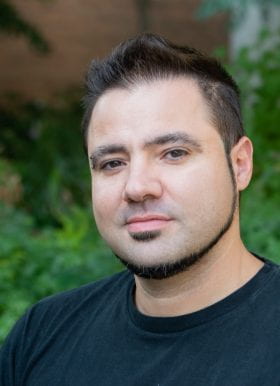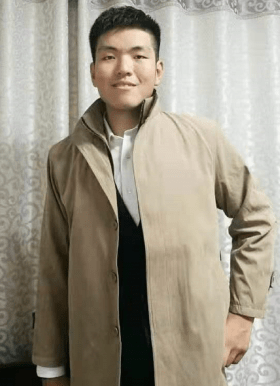
Arthur Li
Graduate Student
- Phone: 314-362-8668
- Email: arthurli@wustl.edu
Arthur Li is a graduate researcher with a BS in BME and CS, and currently working on his MS in BME. His major interests include biomedical image processing, machine learning, cardiac electrophysiology, and bioinformatics. Arthur is currently working on the cellular deconvolution project concentrating on improving microglia results.
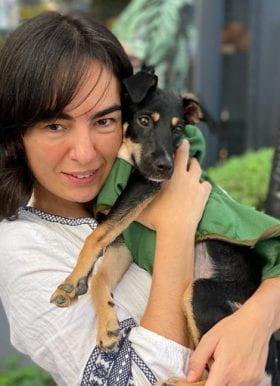
Mariana Acquarone de Sa Lopes, Ph.D.
Staff Scientist
- Phone: 314-362-8668
- Email: lopes@wustl.edu
Mariana Acquarone was born and raised in Rio de Janeiro Brazil. She received her PhD degree in Morphological Science – Neuroscience at Federal University of Rio de Janeiro, focusing on stem cell therapy for Parkinson`s disease. She worked at the Federal University of Rio de Janeiro and Pablo Olavide University (Spain) where she studied embryonic and induced pluripotent stem cells (iPSCs) as alternative sources for cell transplant in Parkinson and other neurodegenerative diseases. In 2022, she joined Dr. Karch’s Lab to start working on microglia leveraging iPSCs and the generation of iPSCs-derived microglia and neurons to model the brain during neurodegenerative pathologies. Mariana is a dog lover and enjoys spending time with her loved ones, gardening, and dancing.
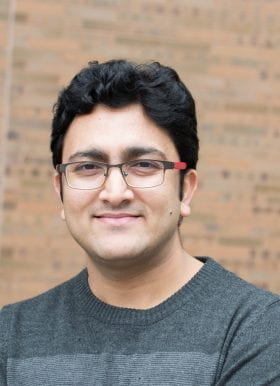
Sidhartha Mahali, Ph.D.
Staff Scientist
- Phone: 314-362-8668
- Email: mahali.sidhartha@wustl.edu
Sidhartha Mahali received his PhD at the Center for DNA Fingerprinting & Diagnostics, Hyderabad, India. His dissertation was focused on understanding Advanced Glycation End product (AGE)-mediated cellular responses. As a post-doctoral fellow at KU Leuven, Belgium, he studied the complex interplay of kinases and phosphatases that regulates microtubule-associated proteins. His current position in the Karch lab leverages his expertise in cell biology, microscopy and training in stem cell models of neurodegeneration to develop his research career in the field of neuroscience.
Sidhartha’s current research focuses on the lysosomal machinery in iPSC-derived neural cells with FTD mutations. His findings suggest that mutations in MAPT, PSEN1 and PSEN2 are sufficient to cause impaired lysosome function and tau accumulation, which may drive disease pathogenesis.
Apart from being a dedicated researcher, he is an avid reader, amateur birdwatcher, nature photographer and a practitioner of thoughtless meditation.
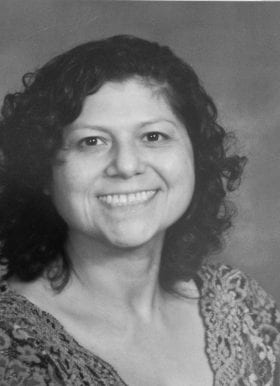
Rita Martinez
Senior Scientist
- Phone: 314-362-8668
- Email: ritamartinez@wustl.edu
Prior to working in Dr. Karch’s lab, Rita worked in the GEiC (Department of Genetics, WUSTL) developing tools and protocols for iPSCs reprogramming, production, differentiations and genome editing. The devolpment of iPSCs and genome edting techniques have been of keen interest to her research and the study of neurodegenerative disease. Previously, Ms. Martinez worked in the biotech industry utilizing human iPSCs which were then used to model ALS and Alzeheimers diseases.
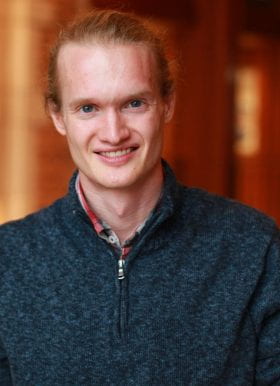
Matthew Rosene
Graduate Student
- Phone: 314-362-8668
- Email: mjrosene@wustl.edu
Matthew is a senior PhD candidate in the Molecular Cell Biology program, his research focuses on the role of PLD3 in driving Alzheimer disease pathogenesis.

Ani Sivaraman
Research Technician
- Phone: 314-362-8668
- Email: anirudh@wustl.edu
Ani performs various molecular biology techniques in the lab, and primarily oversees the maintenance, expansion, and characterization of iPSC lines. Ani received his Bachelors of Science from University of Illinois at Urbana-Champaign. Currently, he also works on a project aimed at elucidating the role of AGFG2 in various forms of familial Alzheimer’s Disease.
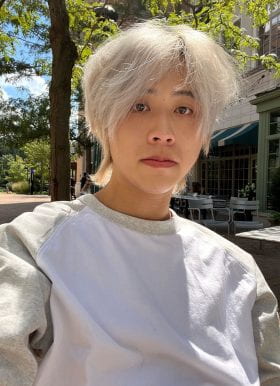
Gaolin Liu
Undergraduate Research Student
- Phone: 314-362-8668
- Email: gaolin@wustl.edu
Gaolin is a freshman at WashU majoring in Biology: Neuroscience and CS&Math, with a minor in Bioinformatics. He is currently working with Emma, using iPSC-Microglia and mouse models to understand the role of Ms4a4a in mitigating the risk of Alzheimer’s disease. As an INTJ, he has an enthusiasm and determination to unwind the mysterious mechanisms of AD. Outside of the lab, he enjoys listening to R&B, reading science fiction, thinking about philosophical questions, and finding new aesthetics in Saint Louis.

Amanda Wu
Biostatistics Graduate Research Student
- Phone: 314-362-8668
- Email: amanda.wu@wustl.edu
Amanda received her B.S in Biology from Boston College and is pursuing her M.S. in Biostatistics. She was previously involved in an induced pluripotent stem cell (iPSC) lab and is interested in applying her knowledge in Biostatistics to the topic of neurodegenerative diseases. Outside of the lab, you will find her reading mystery novels, at the gym, listening to R&B, or playing badminton.
